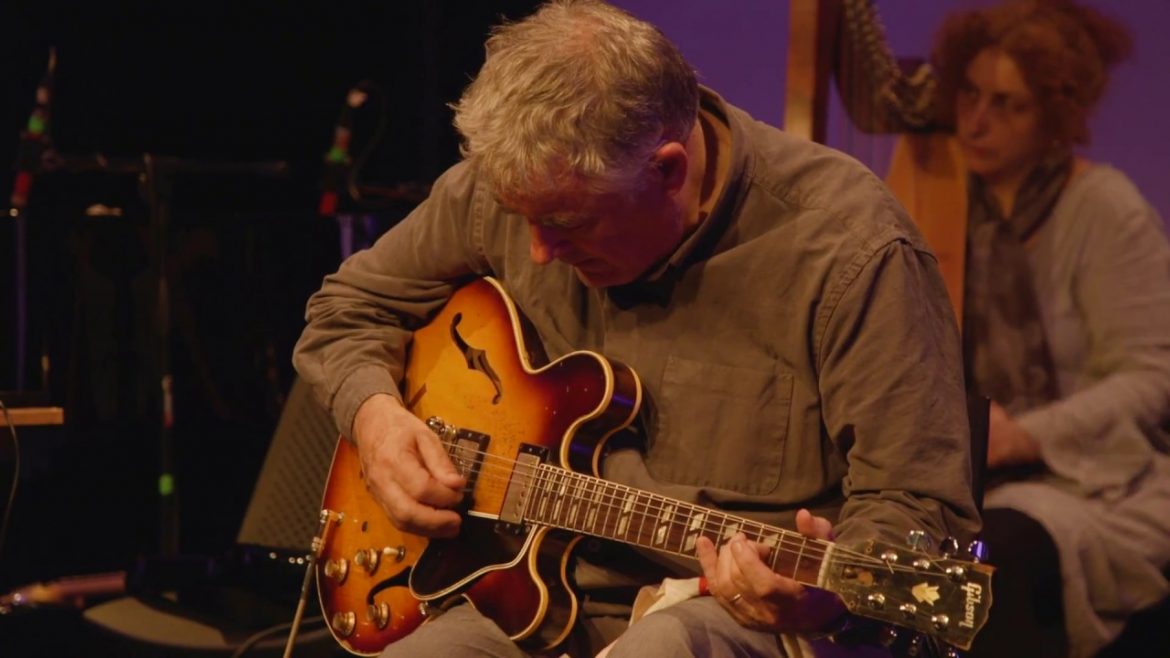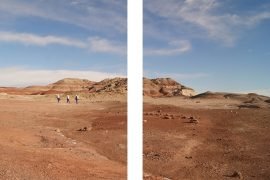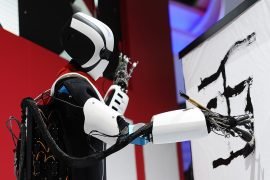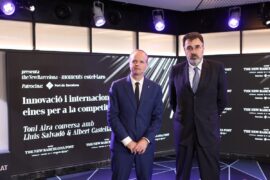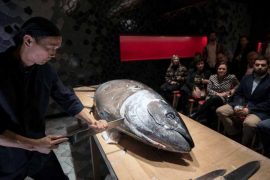Oliver Rappoport and Oriol Saladrigues, the two directors of Mixtur Fest –Premi Ciutat de Barcelona 2017-, emphasize experimentation, one of the main features of the proposals labelled under “research music” (instead of the most common time-related reference, “contemporary music”, which could well allude to any type of contemporary composition). Creativity and research are the backbone of many activities, many of which are pedagogical: masterclasses, personalized tutorials with young artists and concerts featuring some of the most advanced groups in music research, which also premier works of its students. Those young creators are called upon to become protagonists of the next few years of the artistic avant-garde. Therefore, this is about a wide framework that caters for artistic expressions of different types, even if essentially, most of them revolve around the sound phenomenon.
One of the issues that the Mixtur Fest welcomes to revisit is the definition itself of what should -and what should not- be considered aesthetically appreciated as an artistic creation, worth of attention and insight. The concept of music -unerringly associated to a melody- fell into crisis over 100 years ago. Since then, there have been many proposals both to restore it from a neoclassical perspective from those who first went through crisis, visionaries who challenged traditional harmony (Schönberg, Berg, Webern or, from the electronic revolution, using electronic support like Stockhausen or Xenakis). In any case, rather than fostering a stale and old-fashioned discussion, the Mixtur artists feel the constant need to redefine and create meaningful music. To this end, they incorporate mixed elements: classical instruments used in novel forms, or items unrelated to tradition hit in such a way that they produce even “beautiful” sounds. The musical fact is born with premeditation, with a purpose in mind, but also, sometimes, with a bias for the artist towards free play, improvisation, where children prove their capacity to be masters.
It may appear that there are no rules nor classical references in Fred Frith’s outbursts or the eerie sounds that Ricardo Descalzo manages to extract from his piano repertoire; or the disturbing versatility from Frasquier’s baritone saxophone or the unprecedented performances recreated by the talented Frames Percussion. Nevertheless, despite the many differences between them, all of them agree on their eagerness to explore -i.e. colonizing the unknown for a while- at the risk of falling into absurdity. Immanuel Kant, for many, the epitome of conservative modernity, wrote in his youth how profitable it was to break away from the “real footpath”. Beyond the familiar well-trodden track -pre-established ideas as true or valid- one can, no doubt, go wrong, but even then “there will be more service to the search”. Fred Frith has emphasized the art of taking risks as a genuine act of creation: “if you finish a creative process with the idea that you started, you failed”.

